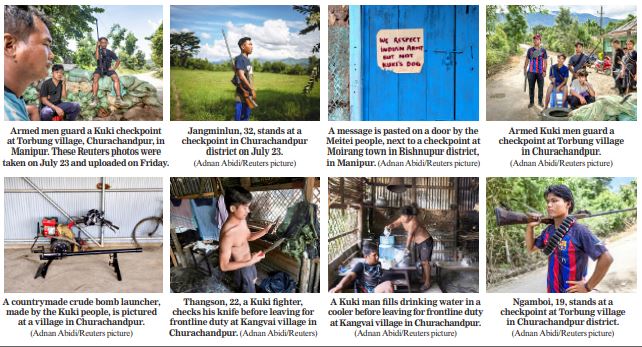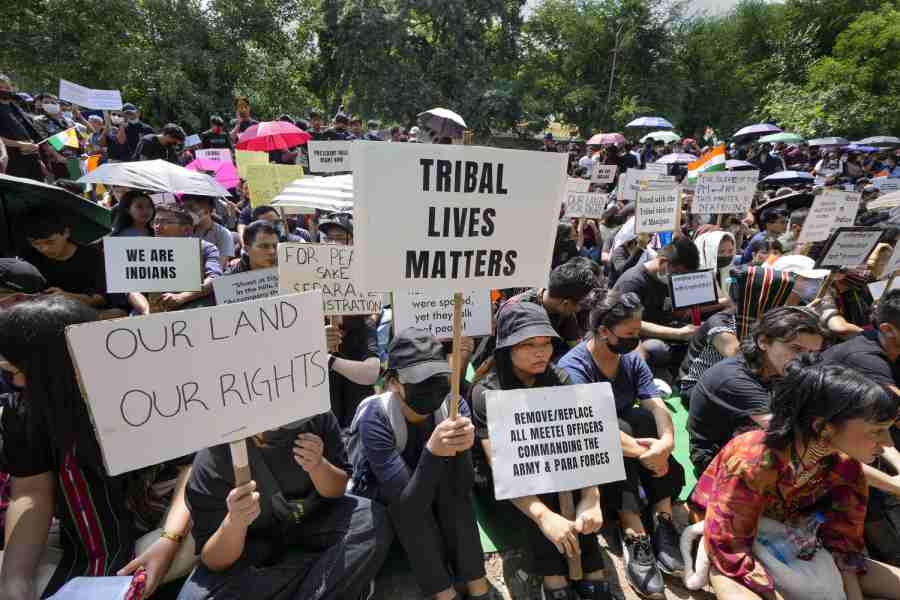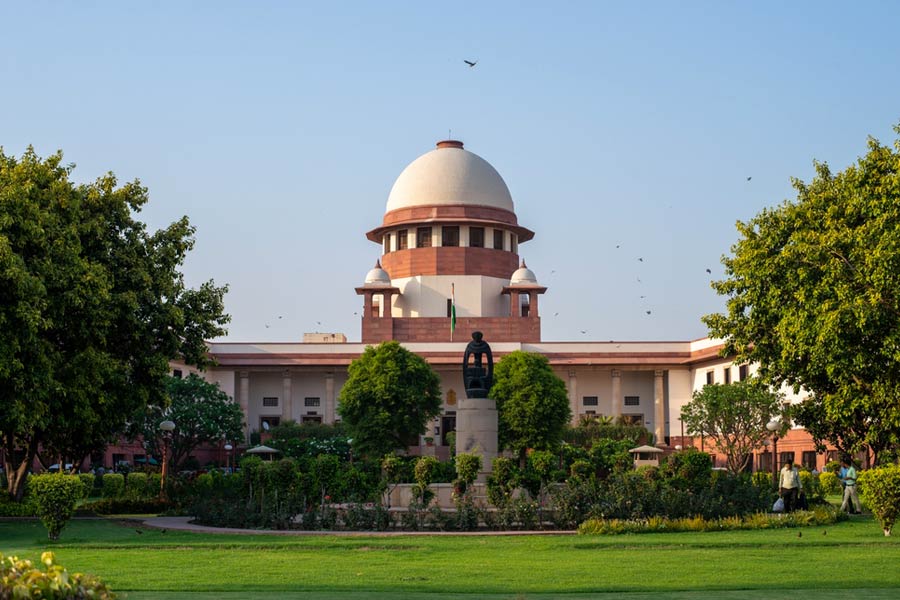A one-mile stretch of a highway in the lush green foothills of Manipur has become the symbol of a vicious sectarian conflict that has killed over 180 people since May and severely dented the strongman image of Prime Minister Narendra Modi.
With the armed conflict between the Meitei community and the Kuki tribals continuing for almost three months, rival gunmen have dug into bunkers and outposts along the highway and in other places in Manipur, and regularly fire at each other with assault weapons, sniper rifles and pistols.
The Kukis, who are a third of the Meitei population, have borne a disproportionate brunt of the violence and make up two-thirds of the victims, according to new government data reviewed by Reuters this week.
The death toll of 181 includes 113 Kukis and 62 Meiteis, according to the data reviewed by Reuters that have not been reported earlier. The data show that in the first week of the violence in early May, 77 Kukis were killed compared to 10 Meiteis.
“Resources available to both sides are not the same. It is not a fight among equals,” a federal security official based in Manipur told Reuters.

According to government estimates, 2,780 weapons stolen from the state armoury, including assault rifles, sniper guns and pistols, remain with the Meiteis, while the Kukis have 156.
The Meitei-dominated state police are seen as partisan while army troops have been ordered to keep the peace but not to disarm fighters. There is no sign of any early resolution.
Manipur, which borders Myanmar, is one of India’s smallest states with a population of 3.2 million. While Kukis are 16 per cent of the state’s population, Meiteis make up 53 per cent of the people.
The Kukis have mostly fled to the hills, leaving the capital Imphal and the surrounding valley, areas dominated by the majority Meiteis.
Much of the violence and killings have taken place in buffer zones near Manipur’s foothills where intense gun battles erupt regularly, security officials said.
The stretch of the national highway where the Meitei-dominated Bishnupur district meets Kuki-controlled Churachandpur is one of the buffer zones that has seen some of the worst fighting.
This week, when a Reuters team visited the Kuki village of Kangvai, just off the highway, volleys of gunshots could be heard from both sides.
Jangminlun Touthang, 32, a Kuki fighter carrying a hunting rifle, was manning a post directly opposite the Meitei lines.
He said he was there to protect his village from the Meiteis “who are going to attack us, who are going to burn our houses”. “When they attack, we fire,” he said.
Historian and author Ramachandra Guha described the situation as “a mixture of anarchy and civil war and a complete breakdown of the state administration”.
“It is a failure of the Prime Minister at a time of grave national crisis,” Guha added, speaking in a television interview. “Narendra Modi lives in a bubble of his own, he doesn’t like to be associated with bad news and somehow hopes he will ride it out.”
The Prime Minister’s Office and a state government spokesman did not respond to requests for comment.
Kae Haopu Gangte, general secretary of Kuki Inpi Manipur, an umbrella Kuki civil society group, blamed the conflict on what he said was the desire of the Meiteis to dominate Kuki land. The Kukis now want a separate state within India, he said.
“Until and unless we achieve statehood we will not stop,” Gangte said. “We are fighting not only Meiteis, we are fighting the government.”
Pramot Singh, founder of Meitei Leepun, a prominent Meitei organisation that has members on the frontlines, said all Meiteis supported the conflict.
Seated outside his home near Imphal, with a pistol in a holster, he said his group would fight the Kukis until they stopped demanding a separate state be carved out of Manipur.
“The war will continue from the Meitei side. This is just the beginning,” he said.
This Reuters report has been edited by The Telegraph to omit information that is already well-documented in India












